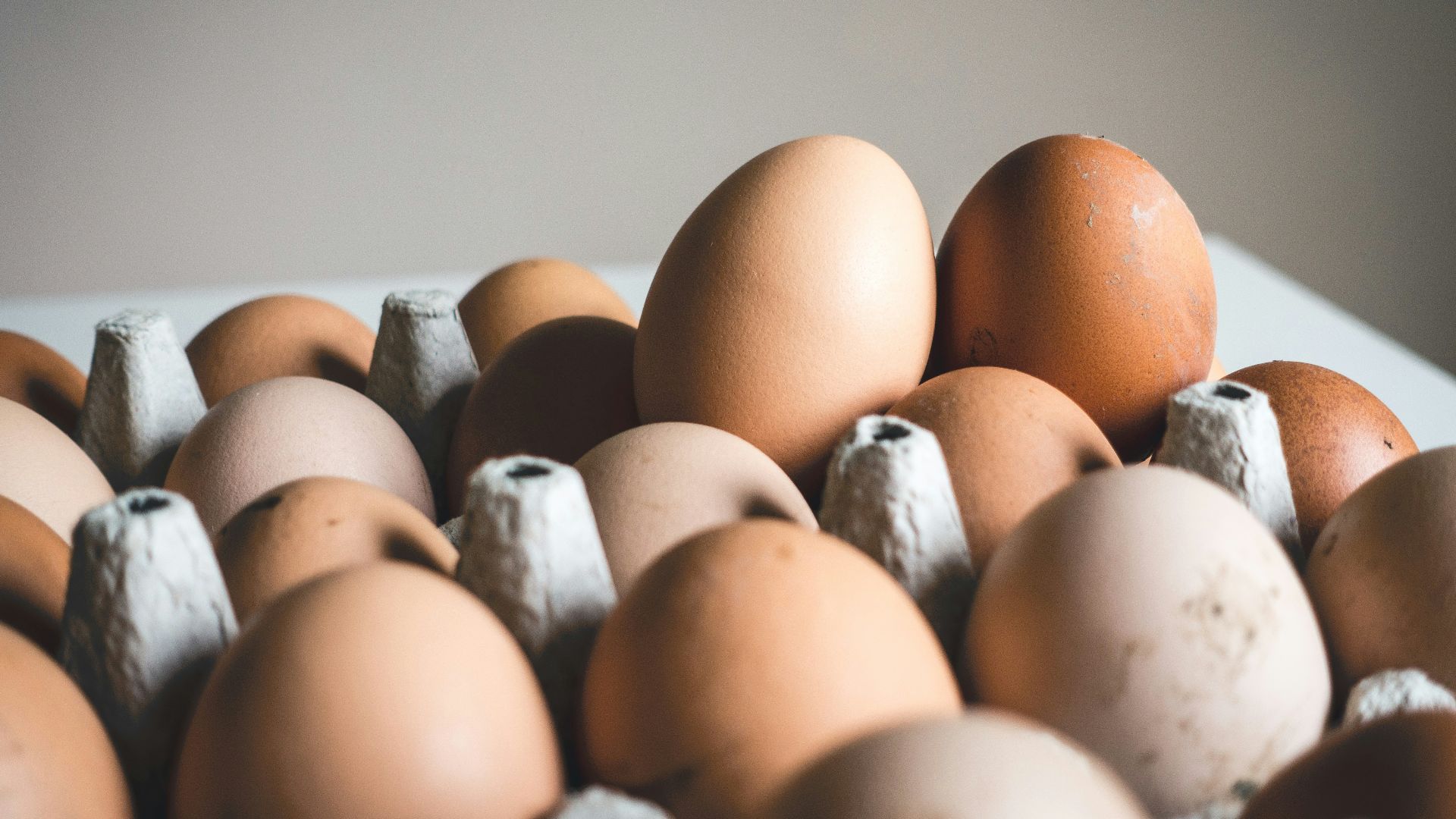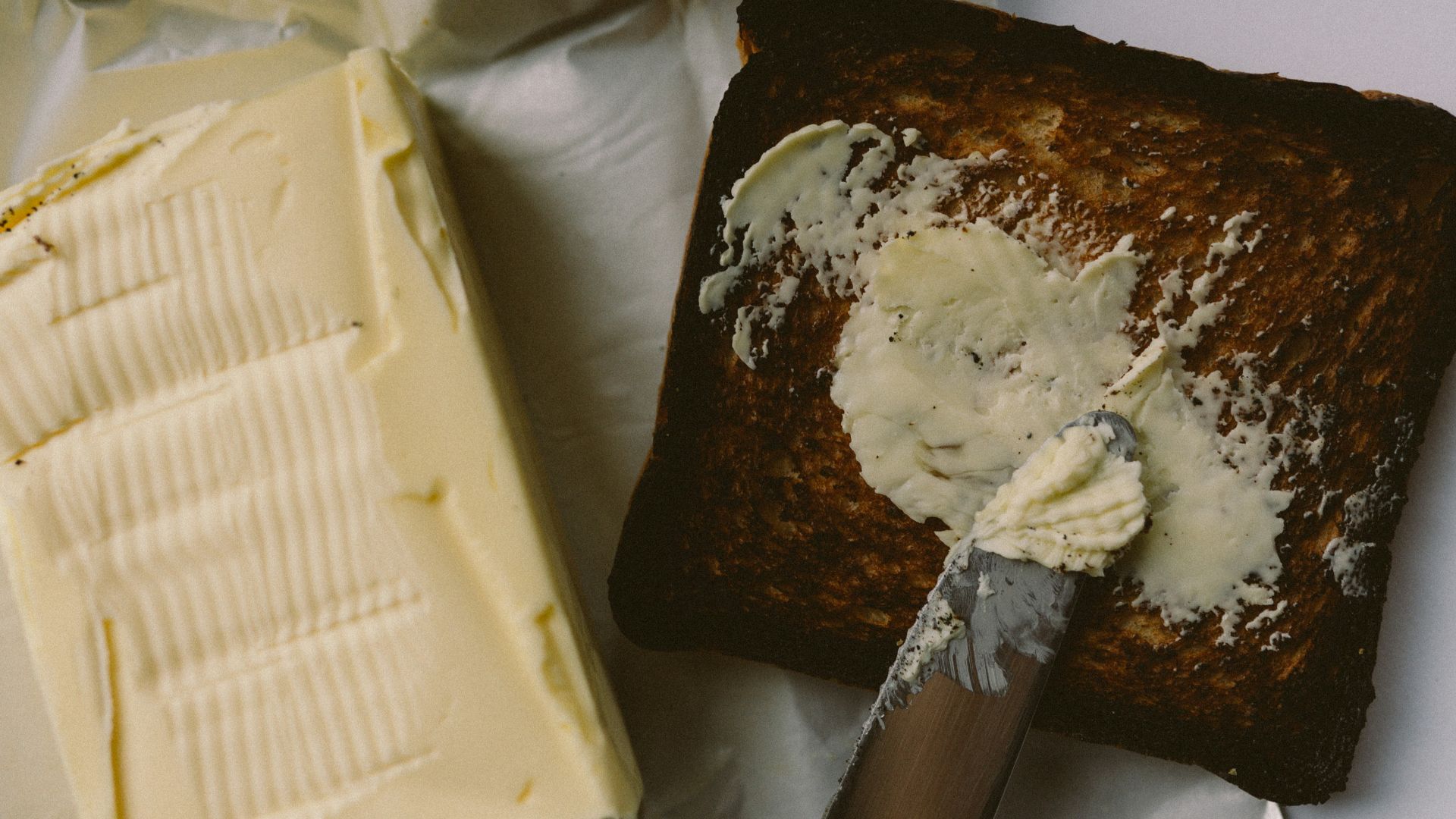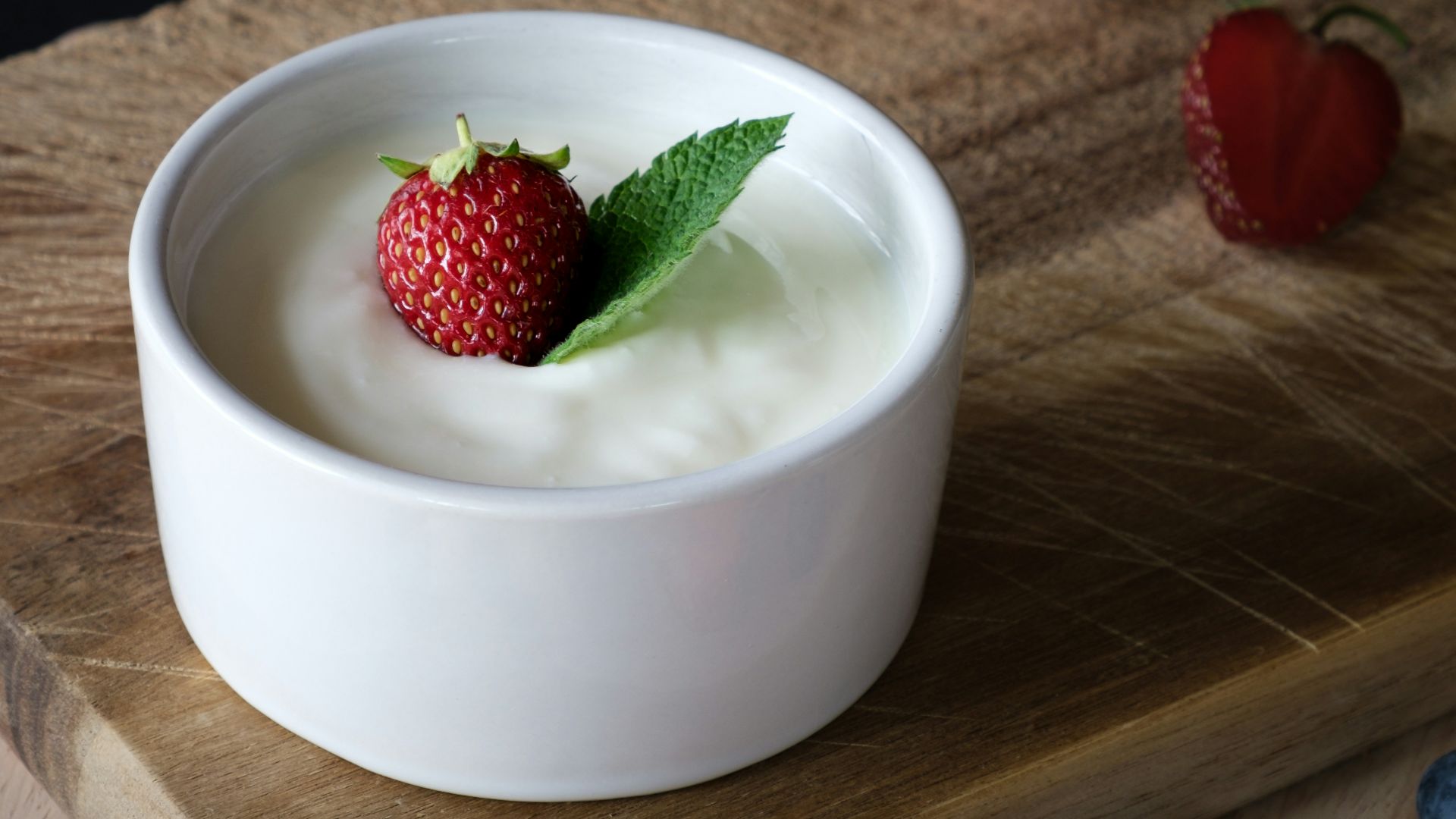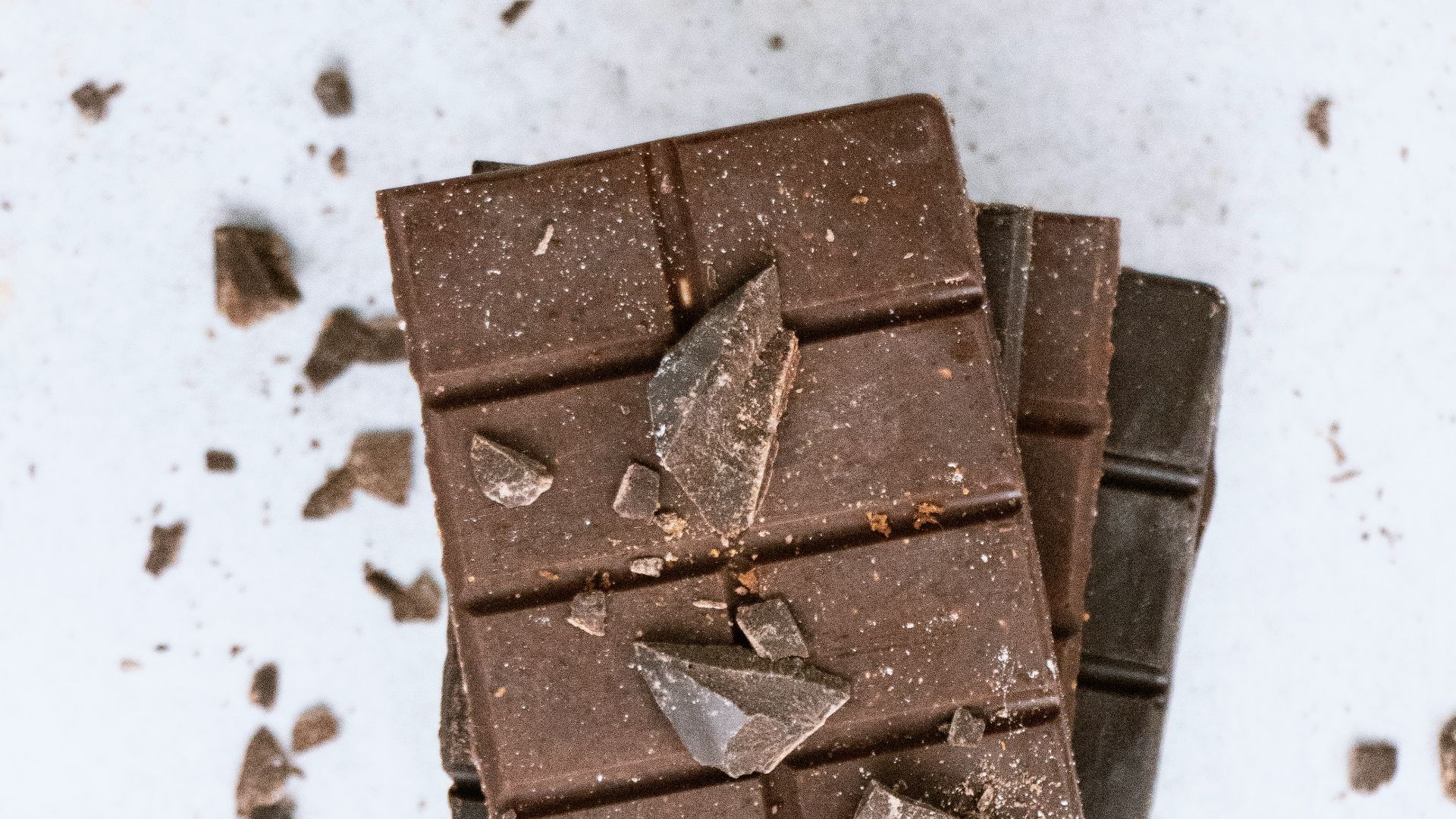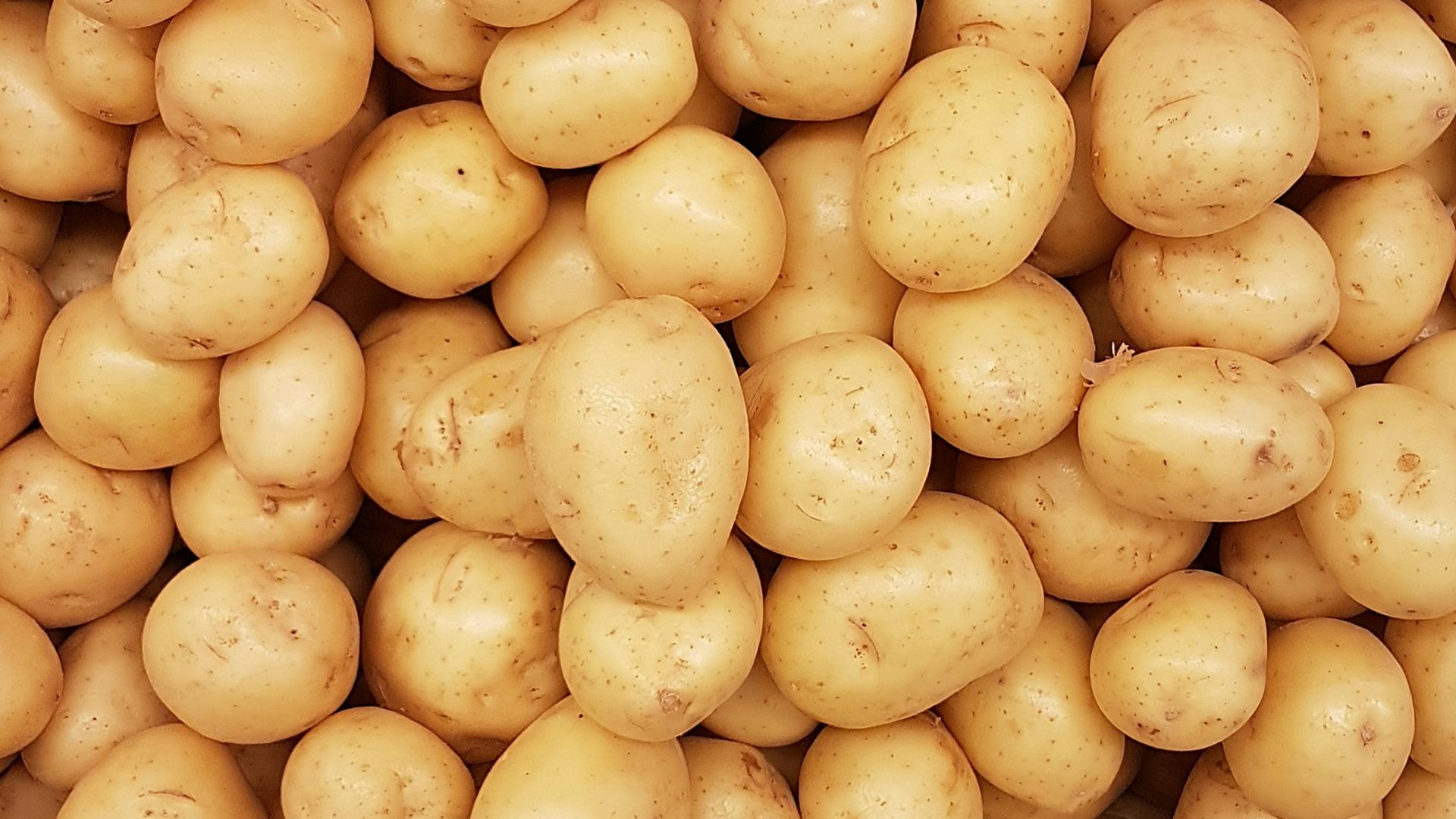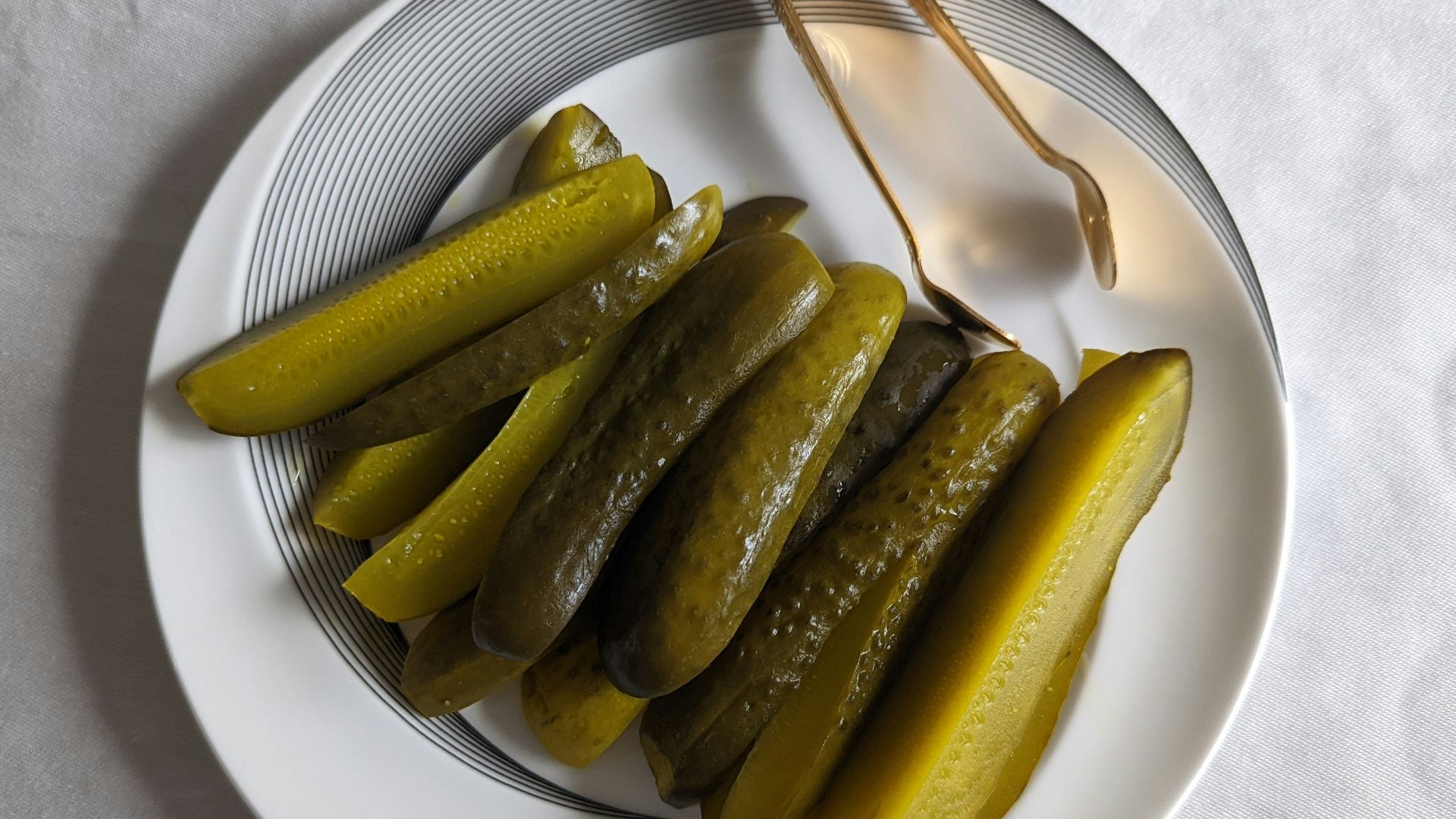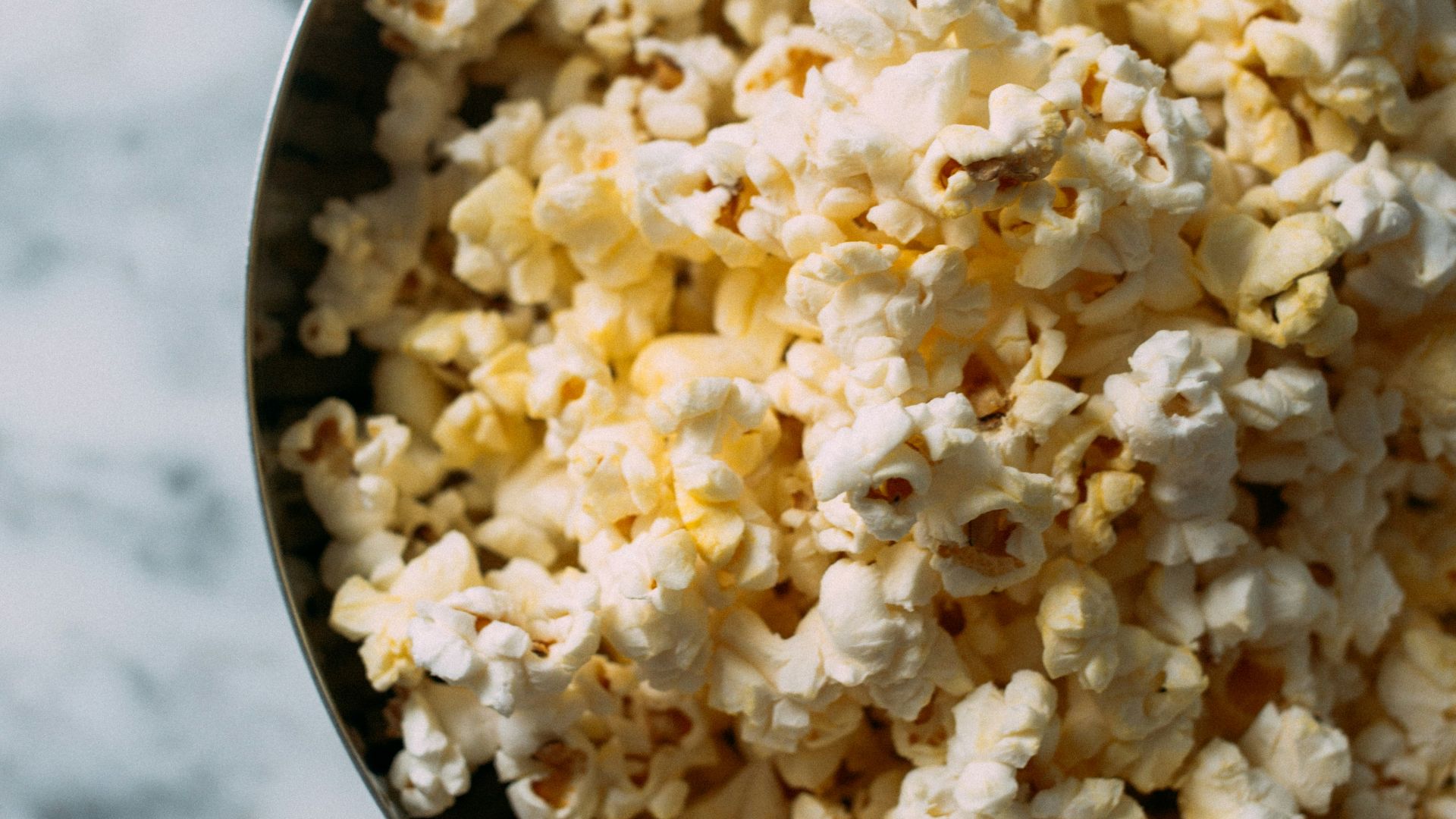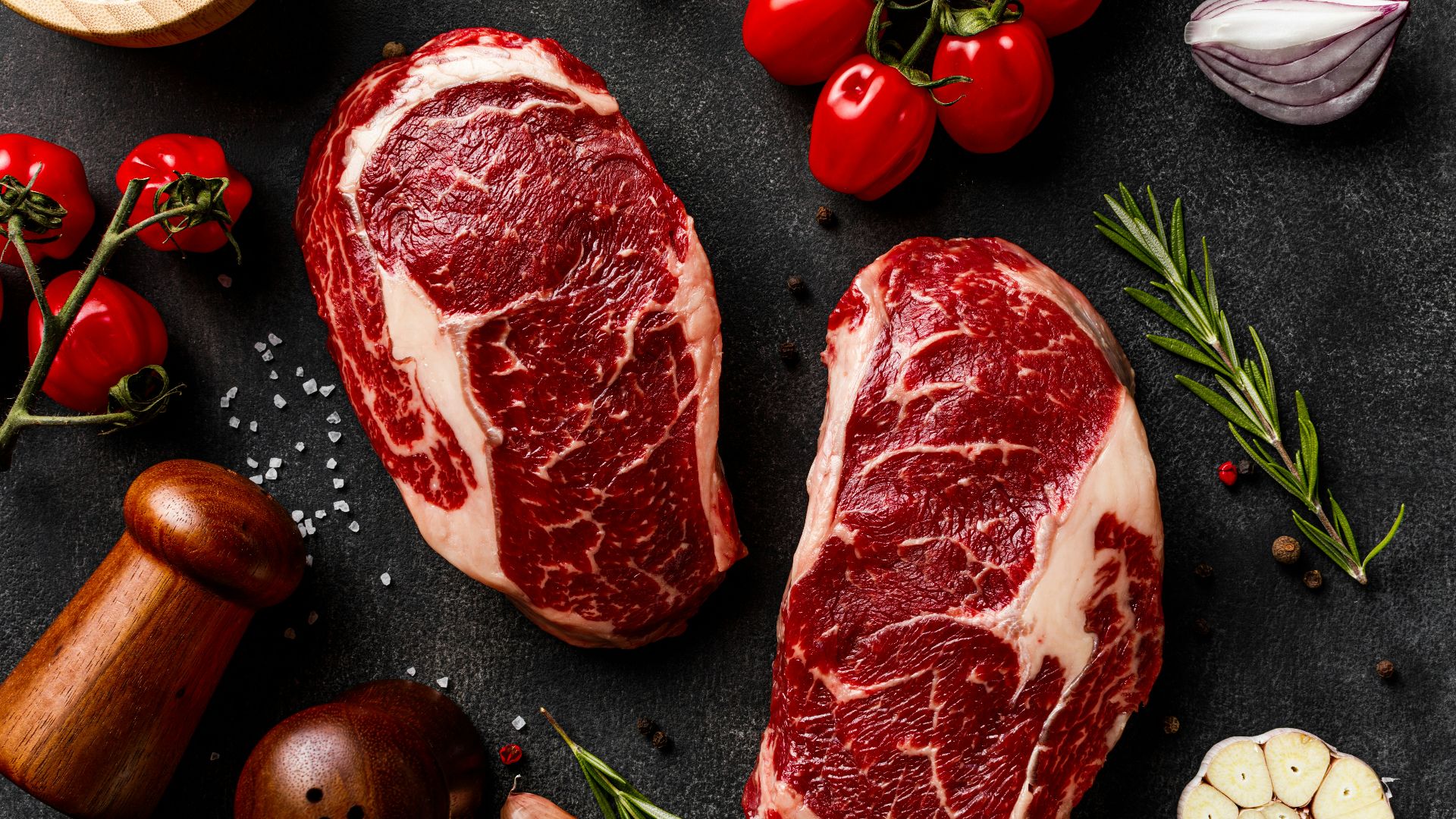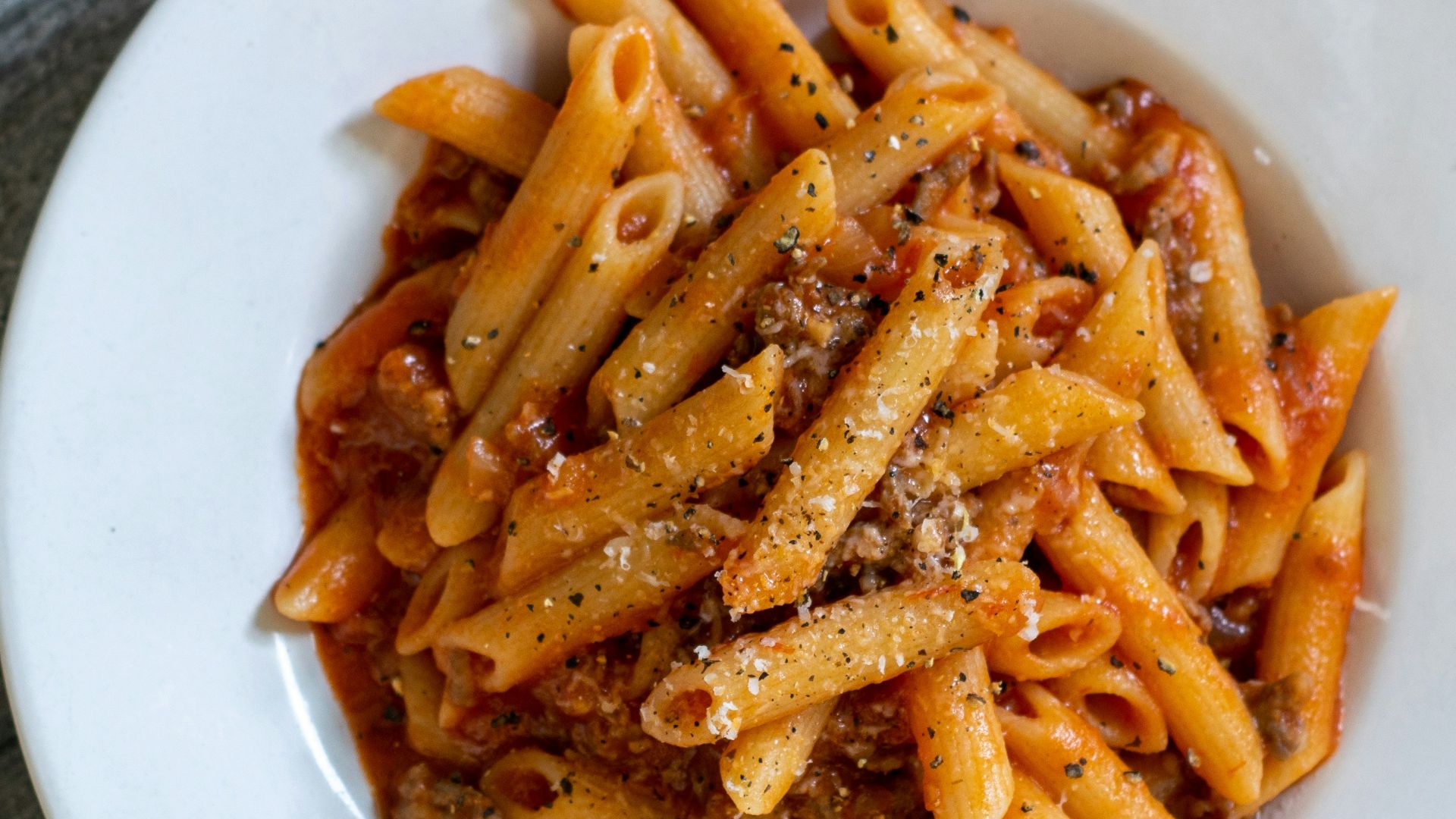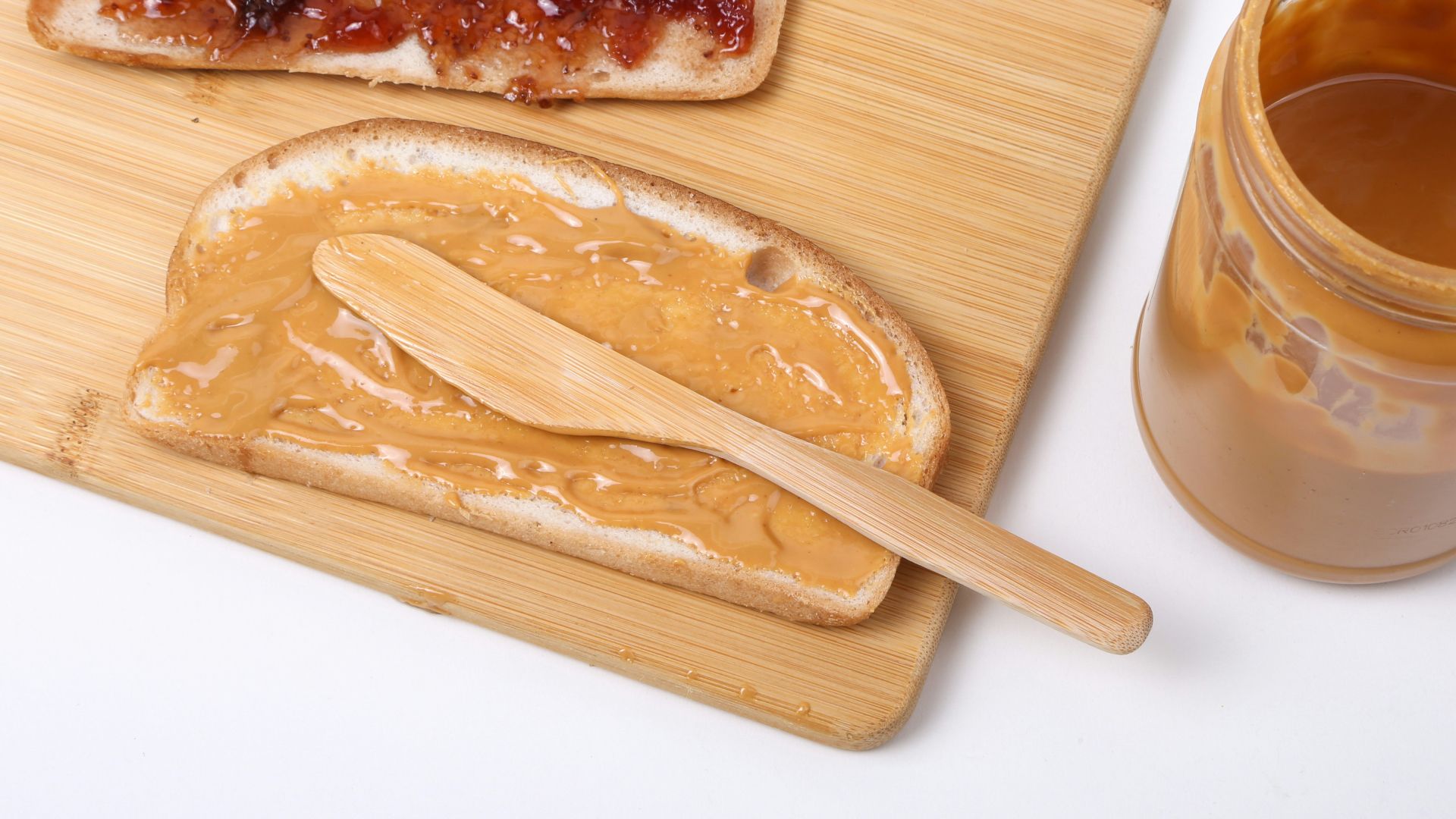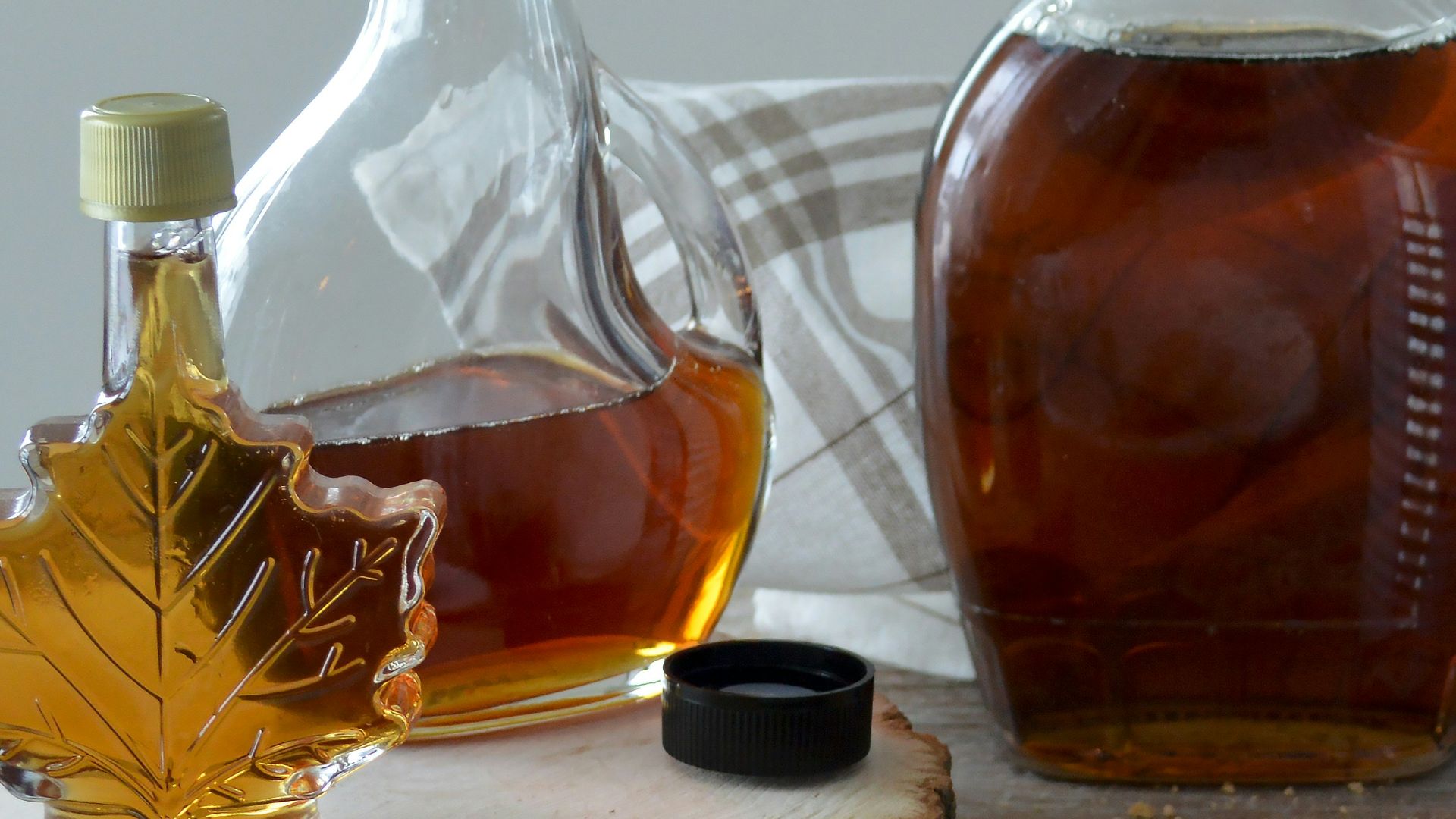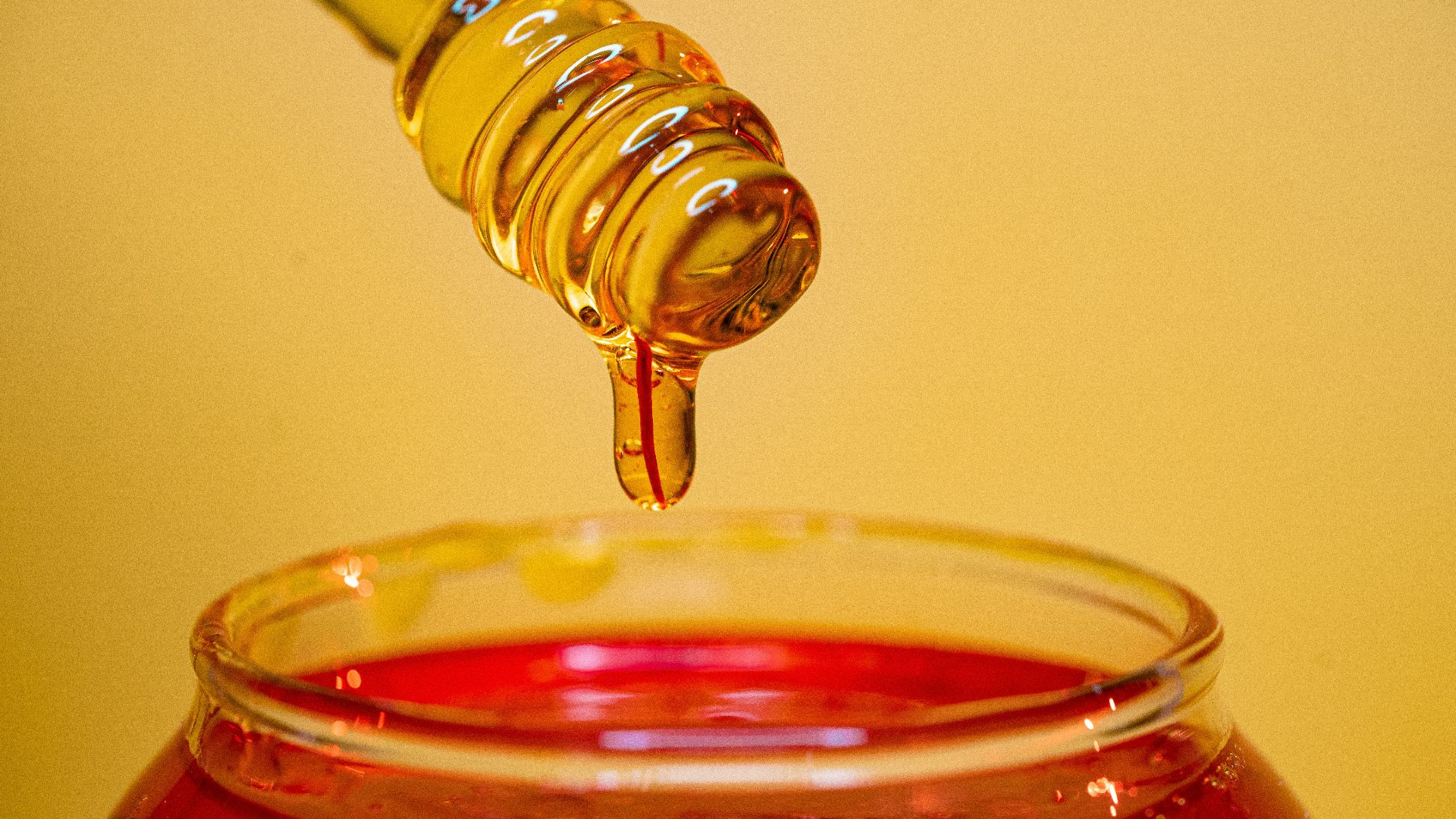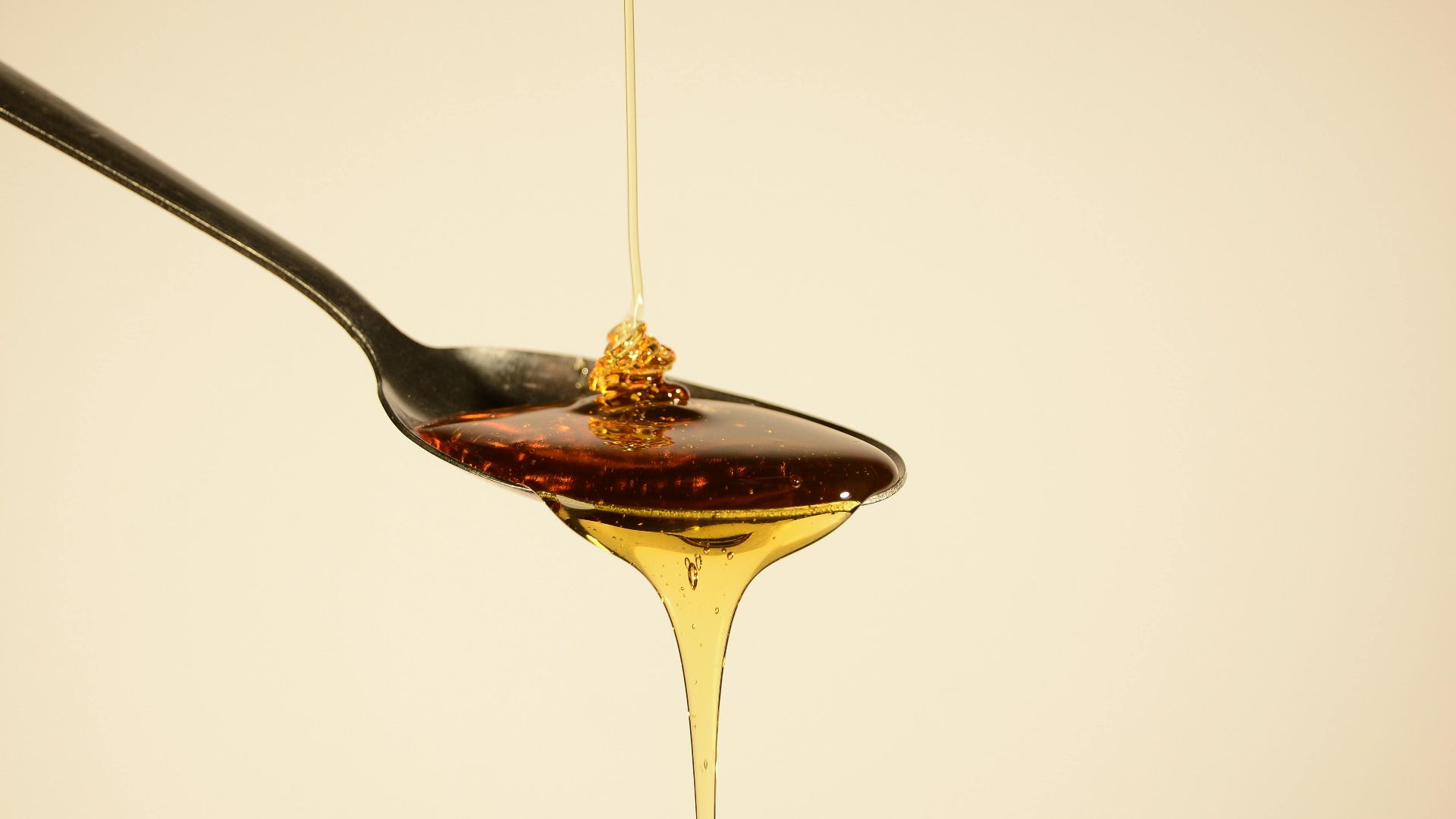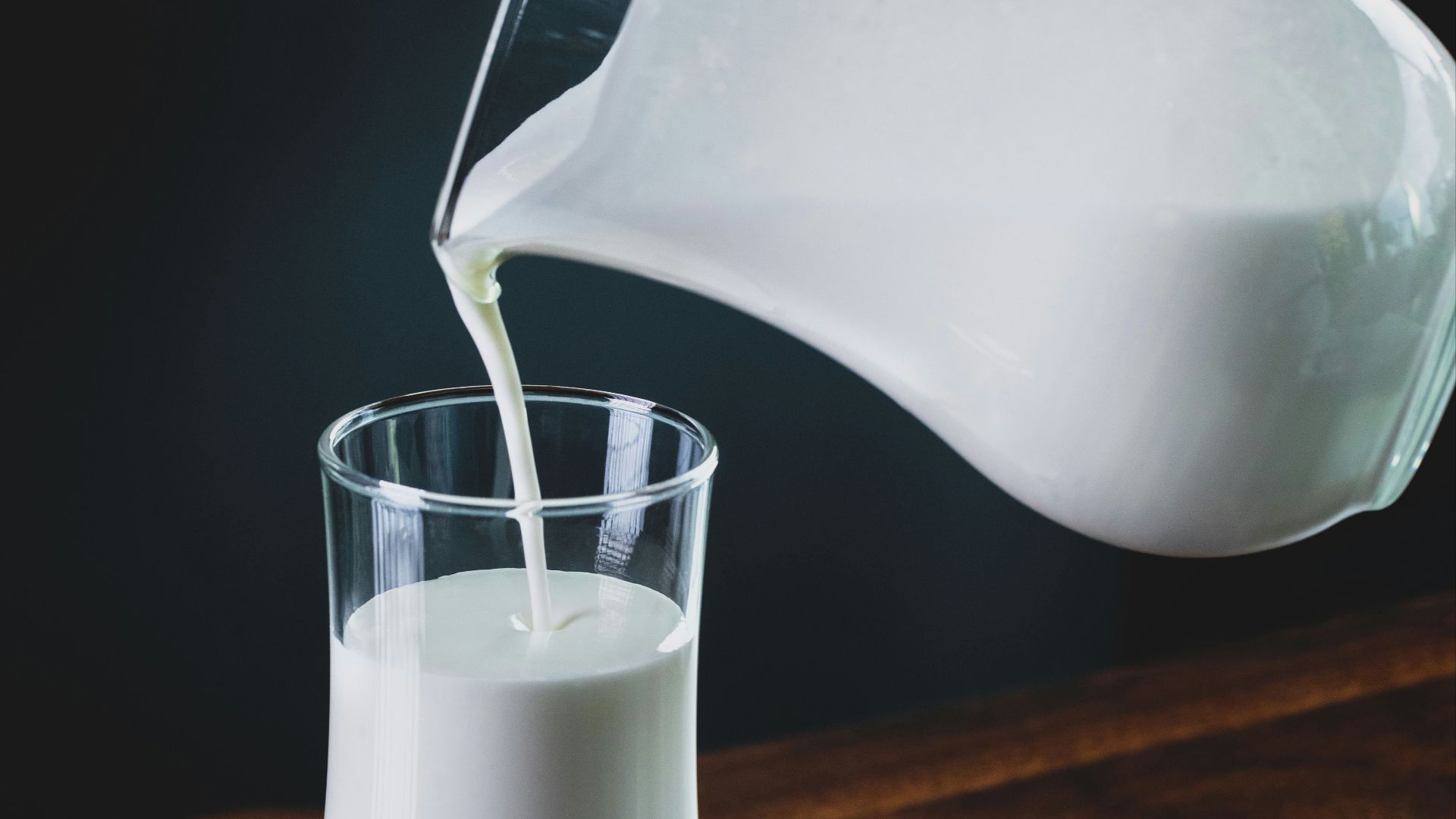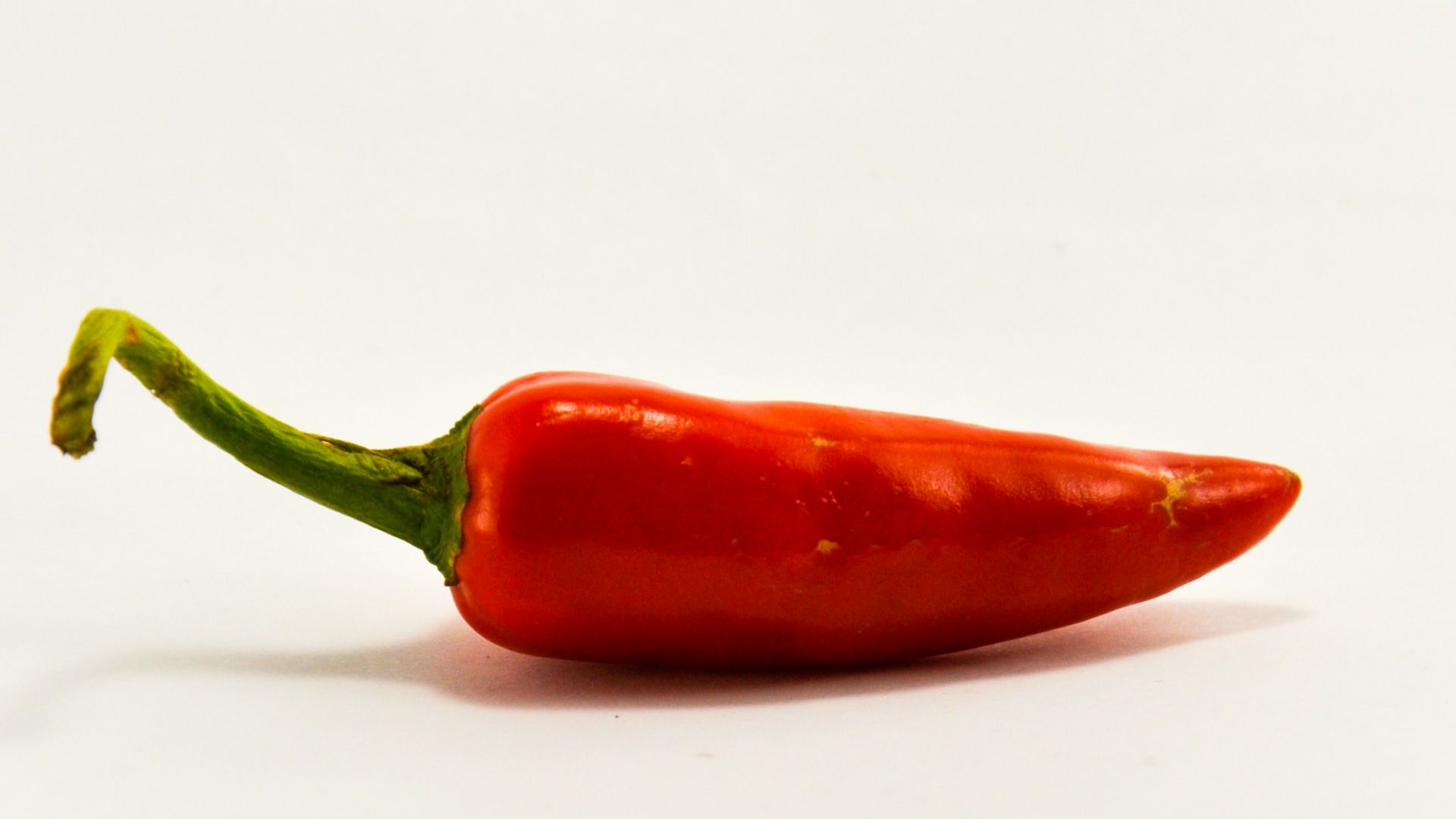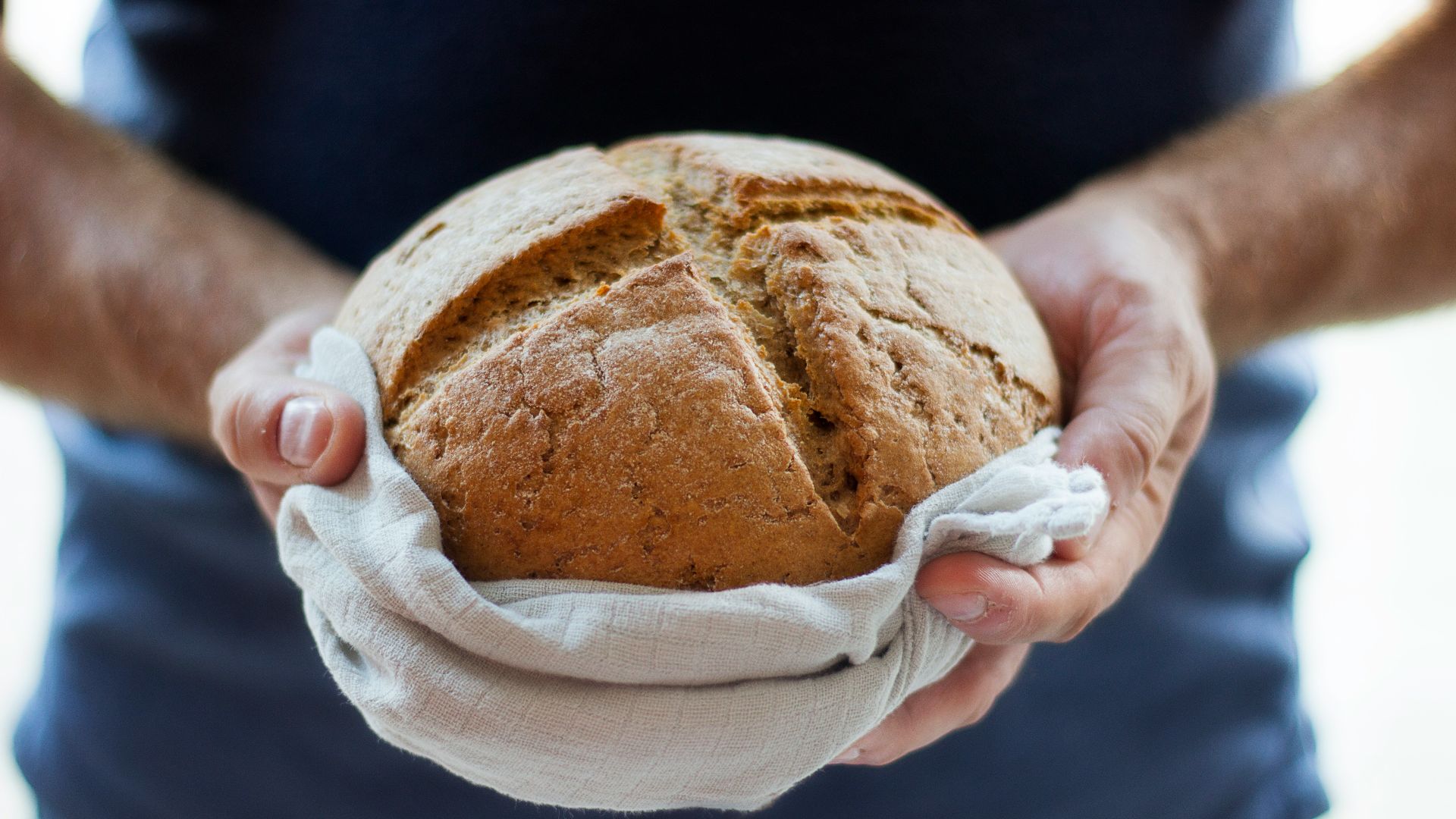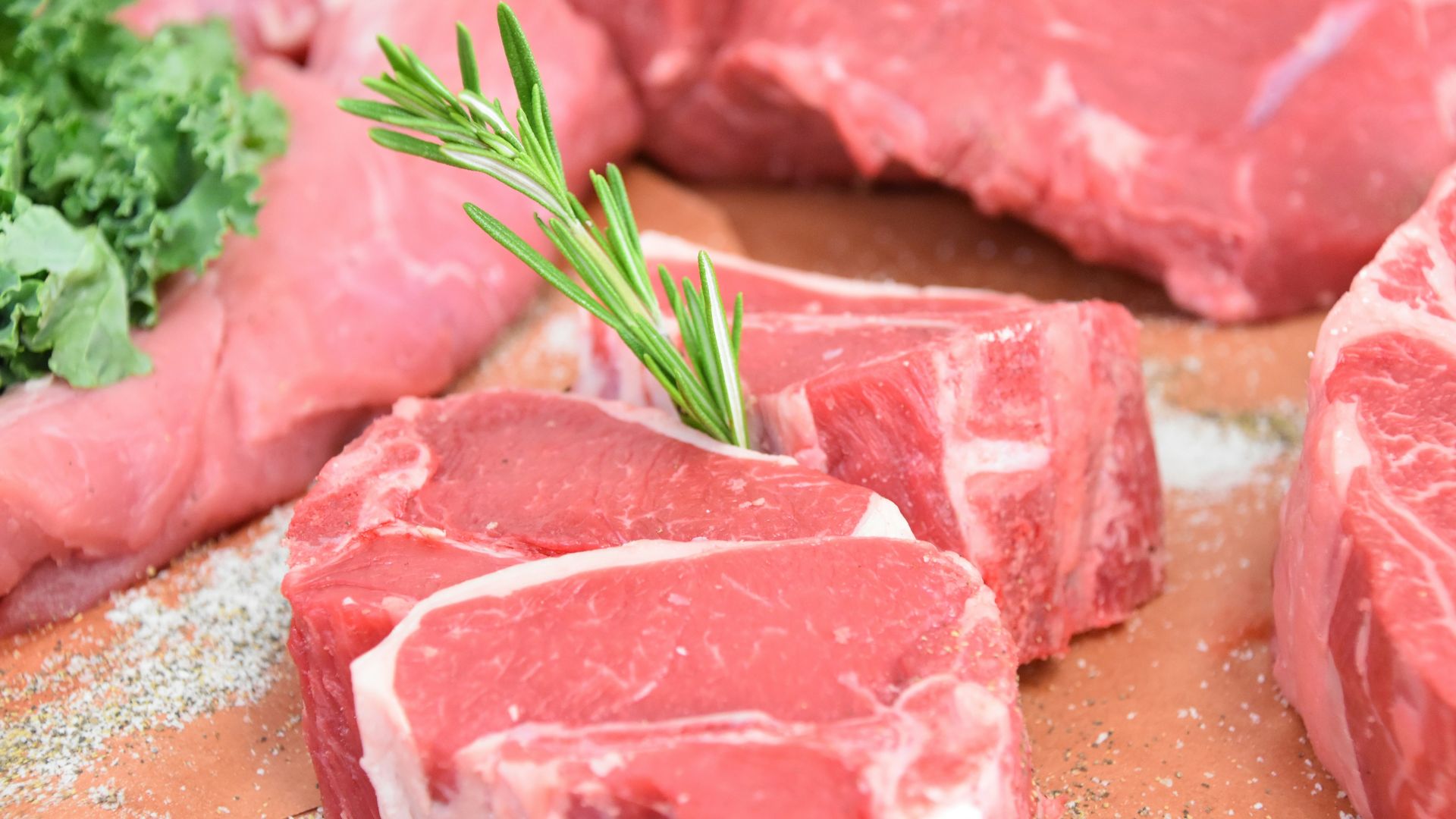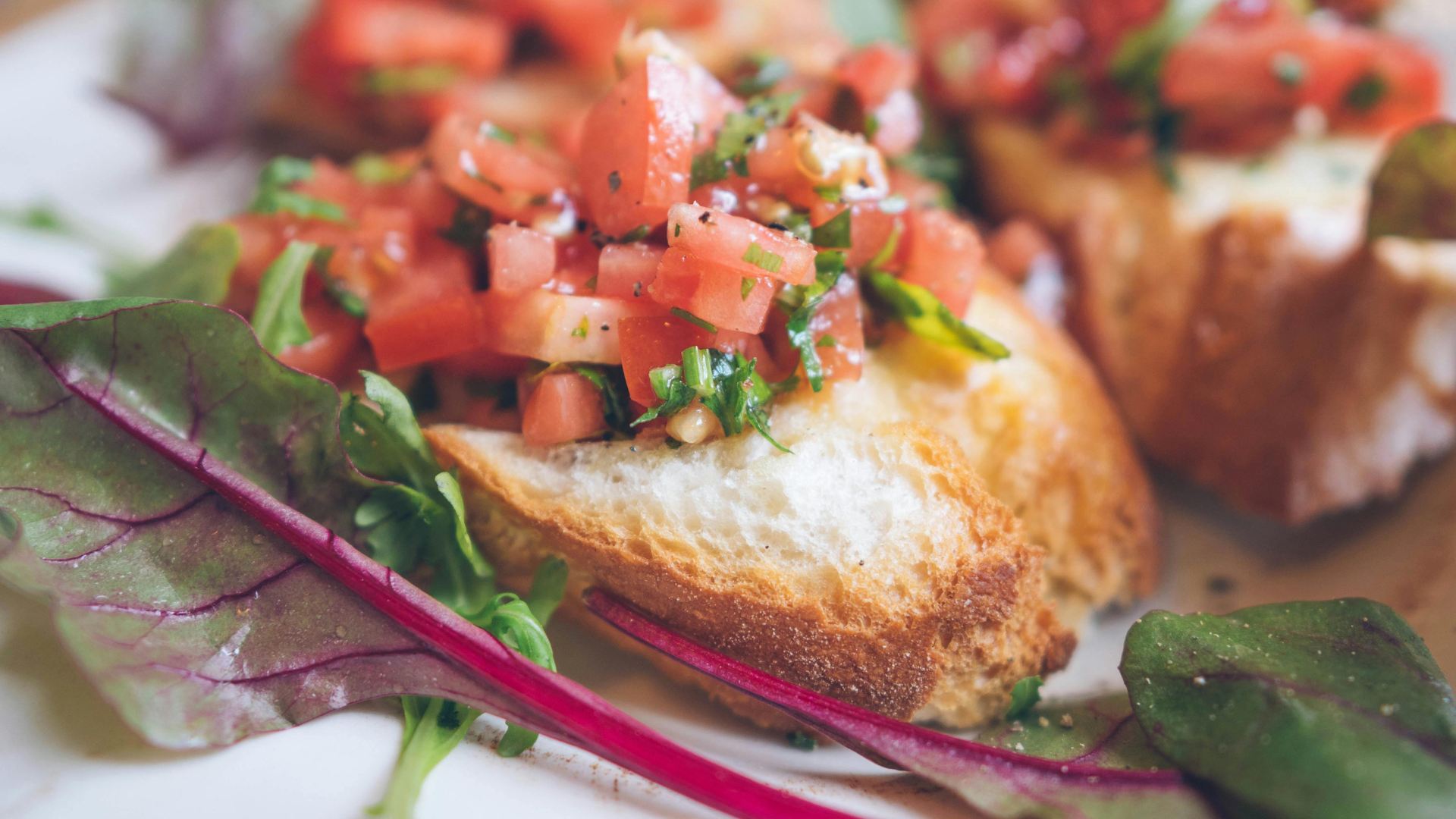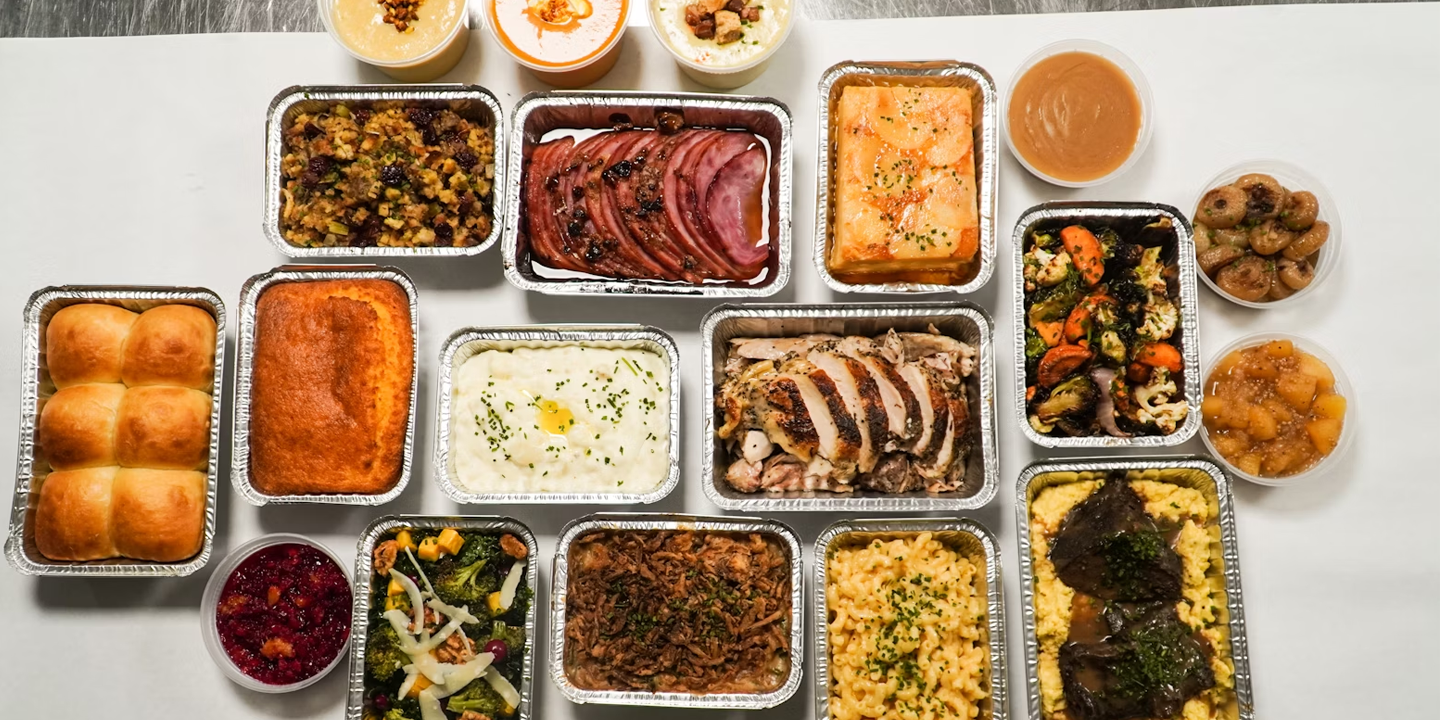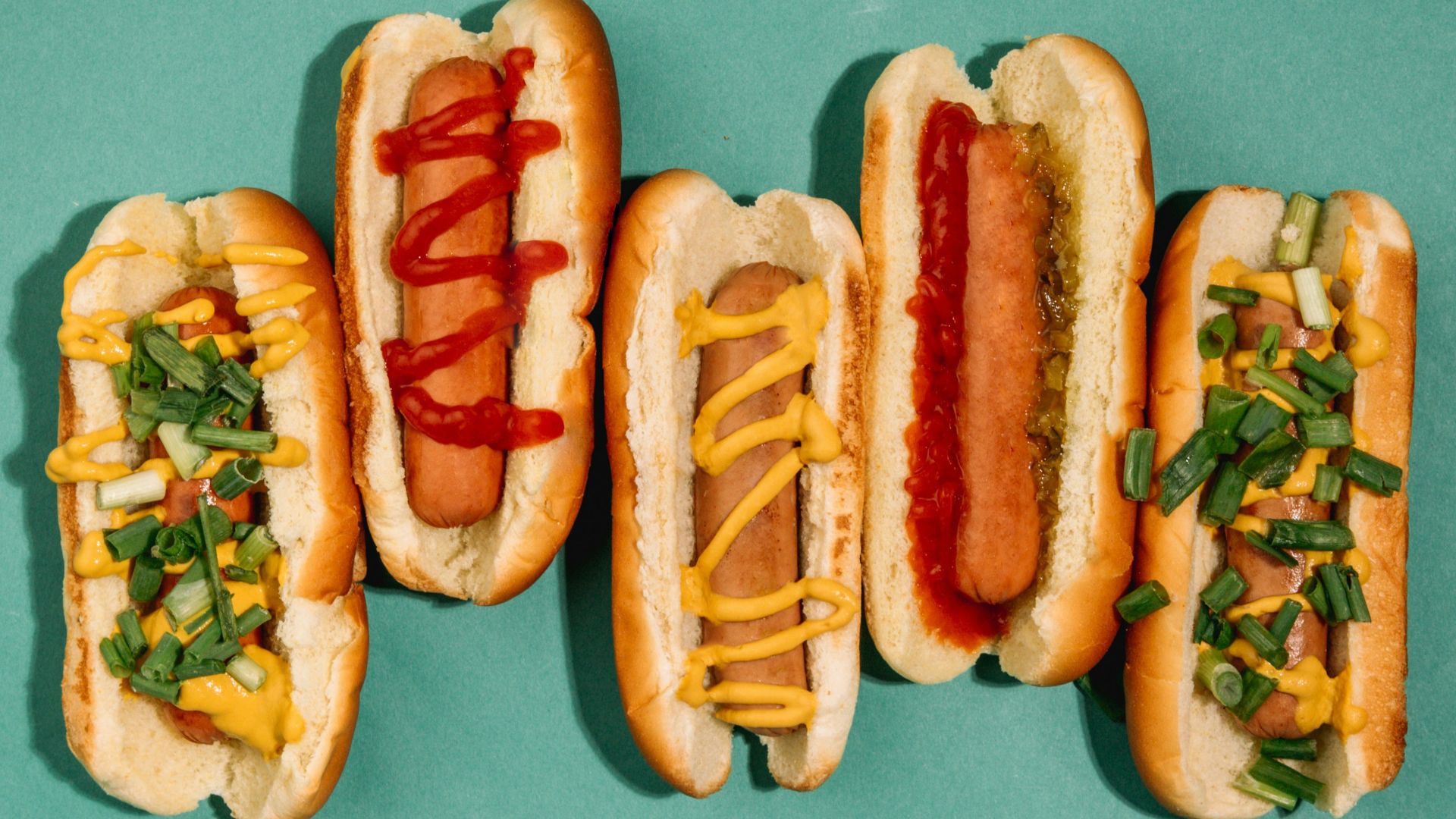20 Foods You Thought Were Unhealthy But Are Actually Good For You
Healthy or Unhealthy?
From low-fat to low-carb, to coconut oil on everything, there have been so many ideas around what’s “healthy” that it can be hard to discern fact from fiction. As such, there are many foods out there that have a bad rep that they simply don’t deserve. So, we’re setting the record straight. Here are 20 foods you thought were unhealthy but are actually good for you.
1. Eggs
Long thought to be unhealthy due to their cholesterol content, eggs are actually a great source of protein, B vitamins, and potassium. Even for those with high cholesterol, eating up to two eggs a day is perfectly healthy. However, they contain saturated fat so those with a heart condition should steer clear.
2. Butter
Villainized because of its fat content, butter is actually quite healthy in moderation (1 to 2 tablespoons a day). It contains vitamins B12, A, E, and K. Studies have even found a link between butter consumption and a decreased risk of obesity.
3. Full-fat Yogurt
Health-conscious people often opt for the low-fat variety, but did you know full-fat yogurt is healthier? The low-fat stuff is basically a watered-down version, so despite full-fat’s higher calorie content, it’s also higher in protein and nutrients. Plus, it tastes way better–just make sure you get the unflavored kind so you don’t get a bunch of added sugar.
4. Coffee
Coffee has a bad rep for being synonymous with things like the jitters, caffeine dependency, and anxiety. However, for the vast majority of people who drink a reasonable amount, coffee has many healthy properties. It’s packed with antioxidants and has been linked to improved brain health, longevity, and gut health.
5. Dark Chocolate
Despite being a dessert, dark chocolate is full of iron, magnesium, zinc, and antioxidants. It has a whole slew of health benefits including enhancing heart health, and brain function, and decreasing inflammation.
6. Potatoes
Potatoes are often misconstrued as unhealthy because they’re high in carbs and are too often served deep-fried. However, they’re actually very rich in potassium, and vitamin C, and when eaten with the skins, fiber.
7. Pickles
Just because they’re served on top of greasy burgers doesn’t mean they’re unhealthy. They’re a low-calorie food containing immune-boosting probiotics and antioxidants. Just be aware of how many you’re eating as they’re also crammed with sodium.
8. Popcorn
Popcorn is considered unhealthy when drenched in butter and salt, but served plain, it’s actually a very nutritious whole grain snack. Its low-calorie and high-fiber content makes it a popular weight loss food that’s also a good source of B vitamins, antioxidants, and zinc.
9. Cheese
Cheese lovers, rejoice! It may be fatty, but it’s high in calcium, and vitamins A, K, and D. It’s also a fermented food that promotes gut health and contains the brain-supporting glutathione.
10. Red Meat
Next time you tuck into a succulent steak, you don’t have to feel too guilty. Red meat is a great source of complete protein, vitamin B12, and iron. Try to opt for lean cuts to avoid getting too much saturated fat in your diet.
11. Pasta
Good news, pasta is actually quite healthy! It contains fiber, iron, and B vitamins. For enhanced fiber content, go for whole grain and mix it with plenty of veggies.
12. Natural Peanut Butter
Despite its high fat and calorie content, natural peanut butter is very nutritious. It has lots of protein, healthy fats, vitamins B6, and E, and copper. Consuming peanut butter regularly has been linked to improved heart health, weight management, and reduced risk of diabetes.
13. Pure Maple Syrup
Its status as a sweetener automatically groups it with all those evil refined sugars, but maple syrup has plenty of redeeming qualities. It contains minerals and antioxidants and is also lower on the glycemic index than other sweeteners meaning it causes less of a blood sugar spike.
14. Honey
Another vastly misunderstood sweetener is honey. It’s rich in antioxidants, vitamins A, C, D, and E, and enzymes that aid digestion. Certain types of honey like Manuka even have antibacterial properties that speed up healing.
15. Molasses
Molasses is a sweet and bitter dark substance that is extracted from sugar during refinement. It contains all the nutrients taken away from sugar including antioxidants, iron, calcium, magnesium, potassium, phosphorus, and vitamin B6.
16. Whole Milk
The higher amount of fat in whole milk versus skim might cause alarm bells to go off for some, but studies have shown that people who drink whole-fat dairy products have a lower tendency to develop heart disease, obesity, or diabetes. It’s packed with calcium, vitamin B12, and good-quality protein that makes you feel fuller longer, aiding in weight management.
17. Chili Pepper
People tend to assume spicy foods are bad because they make you feel like your mouth is on fire. However, they’re brimming with vitamins C, A, B, and D, antioxidants, and capsaicin, a compound that promotes weight loss.
18. Gluten
Despite the popularity of the gluten-free diet, there’s nothing wrong with gluten–it’s the protein found in certain grains like wheat. It has many beneficial qualities for those who aren’t Celiac or wheat-sensitive including protein, fiber, and nutrients like iron.
19. Salt
Although it’s dangerous in very high quantities, salt is necessary for our bodies to function. It helps you stay hydrated, balances electrolytes, and regulates nerve and muscle activity. Himalayan salt is touted as the healthiest kind because of its high mineral content.
20. Pork
People often associate pork with fatty bacon or processed ham, but a lean cut of pork makes for a highly nutritious meal rich in protein, B vitamins, and iron. It also contains creatine, a natural compound that aids muscle growth.



